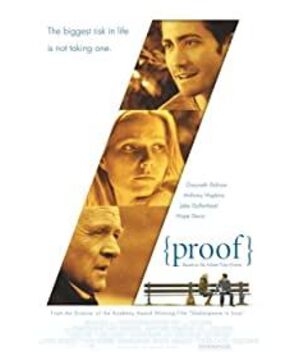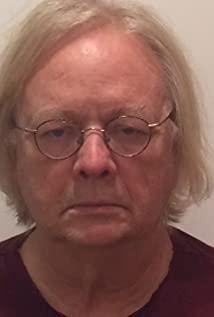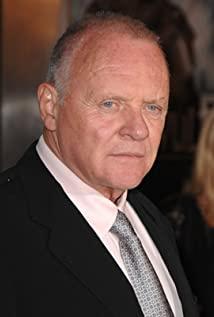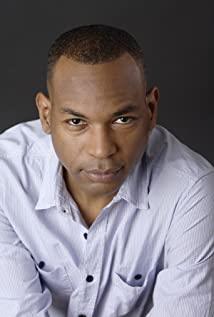The whole movie is in a process of verification. On the surface, sisters Claire and Harold are begging to prove who the author of the notes is, and Catherine is begging to prove her talent. In fact, we are also seeking to verify whether Catherine's feelings for her father are the same as she expressed at her father's funeral, whether her sister Claire loves her sister, and what kind of love is between Harold and Catherine. From the perspective of character and development, we have found the answer.
Catherine fully supported the main emotions of the film, and the actors performed well. She has her own characteristics. She loves her father. In order to help her father with mathematical research, she dropped out of school to take care of her father's daily life at home. When she saw the preliminary research notes from her father, she finally realized that her father was mentally ill. As a result, she became decadent and languid all day long. Her father couldn't find the reason for her mood. Under her father's scolding, she began to study mathematics. She finally solved the problem. When she happily went to her father, she ran into her father who became ill, claiming that she just solved the problem. Catherine had seen it and found that it was actually a bunch of random speculations. She was afraid of hurting her father’s heart. She was in a complicated mood and locked the notes of her proof in the drawer of her father’s desk. She didn’t intend to inform anyone about this proof that would inevitably cause a sensation in the mathematics world, just because it was proof that she surpassed her father. She loved her father so much that she didn't want to admit it. Her love for her father is even a bit unpredictable. She did not deliberately express her love for her father, but used her eyes and peaceful dialogue to express it, which made us feel the depth of peace. The father's funeral was a climax, and it was also a flashpoint of Catherine's emotions. At her father's funeral, she vented her grievances and hesitation during the time she spent with her father. She knew that her father was crazy, and the proofs he made were meaningless to the world. However, he still wrote day and night, depending on how hard it was in his daughter's eyes, that's why she would say that sentence at the end: I'm glad he died. The death of his father was a complete relief for both of them. Such affection does not seem to be common to us, but we cannot deny her love.
Another person who moved me was her sister Claire, who didn't feel kind to me at first. Claire is elegantly dressed and has good living habits. She likes to craze off the list and make lists. She is full of confidence, but it seems a bit acrid. When her father was sick, she ran away from home and left Catherine to face it alone. Father, started his own life in New York alone. This seems incompatible with the little sister who is "crazy". She handled her father's funeral in an orderly manner, and even took the time to throw a party to gather with friends she hadn't seen for many years. She even cares about the trivial things like arranging the clothes for her sister to wear at the party. When the younger sister questioned this, she smiled and said: "What reason do we have to be unhappy and enjoy every day?" She doesn't understand mathematics, but she confirms that her younger sister "inherited father's mathematical talent and inherited his Crazy", she firmly believes that the younger sister lives in the shadow of her father, and only by taking her away from this place can she avoid repeating the same mistakes as her father. She stared at her sister with compassion. How could you, a person who didn't even finish college, solve a problem that a generation of algebraic mathematicians could not solve? She always thought that her sister was crazy, and kept inducing Catherine, almost succeeding in the end. After reading it, I felt the caring and kind help in her behavior. This is actually a kind of love, a kind of love between sisters.
Do all arguments need evidence to prove it? What do you want to prove your relationship? The "proof" of this film is to prove that "I love you", which refers to the proof of love, commitment and trust. There are many proofs in mathematics, although there are still many speculations that have yet to be proved in the world. But it is impossible to prove that there is only one answer in life. If you choose to believe, there is no need to prove your affection.
View more about Proof reviews











